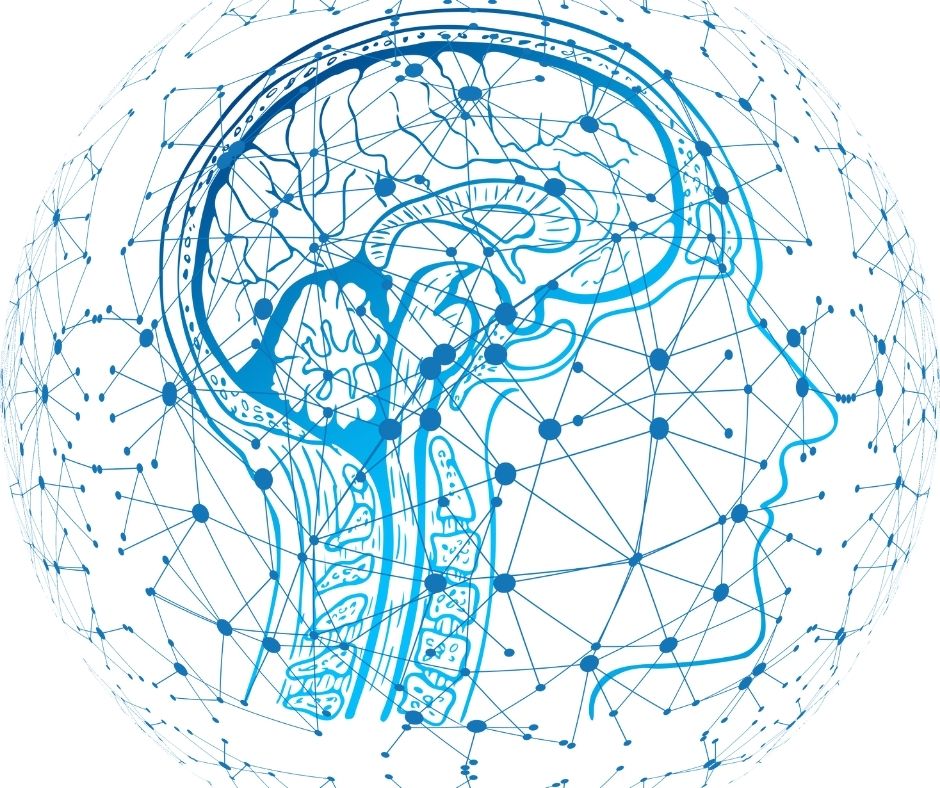
When we have to solve a problem or make a decision, our thought process plays a significant role and affects outcomes. During childhood, we develop thinking skills, such as critical thinking and creativity. As we grow and experience life, we take different approaches, and our thought patterns shift and expand. Everyone’s thought processes differ. With several types of thinking, many of us may use a combination in our decision-making.
Indeed lists 39 types of thought processes, which can seem intense. Here are the primary types of thinking skills, and you can see if you follow one process or integrate a few. Learn about The Paradigm of Thinking to shift your brain.
- Critical Thinking: This thought process takes time to closely assess the situation before making a final decision. A critical thinker explores all possible outcomes as they dissect the problem to develop the best resolution. Logical reasoning and deduction comprise the complex process of critical thinking.
- Creative Thinking: Creativity delivers big thoughts, broad concepts, innovations, and boundless ideas. Creative thinkers think outside the box and do not have mainstream or boring processes. The views may often seem far-fetched and outrageous.
- Concrete Thinking: Someone who possesses this form of thought only considers facts. They do not factor in anything else and get to the point when making a conclusion.
- Analytical Thinking: An analytical thinker will break down a concept into smaller pieces and closely examine each component. This thought process takes a disciplined and methodical approach where the analytical person wants to comprehend the situation entirely.
- Intuitive Thinkers: This type of person goes with their gut instinct and makes a quick decision based on intuition. Most decision-making occurs at the spur of the moment. Intuitive thinkers spend little time spent mulling over a problem.
- Abstract Thinking: Abstract or deep thoughts have the person relate random concepts to one another. A conceptual thinker will make connections and find profound meanings that one normally would not associate with another. Abstract thinking consists of a lot of observation, theories, and possibilities.
- Divergent Thinking: Some may consider a divergent thinker to be an over-thinker. Divergent thinking takes an infinite number of possible outcomes and stretches out the thought process while seeking solutions.
- Convergent Thinking: Unlike divergent thinking, convergent thinkers will assess several perspectives. After looking at a few ideas, they will develop one solution. This thought pattern flows like a multiple-choice test.
Decision-making occurs in our personal and professional lives. You may use the same approach regardless of the environment or a different one. Examining problems can take on a combination of thinking patterns. For example, someone personally can be a daydreamer or creative thinker as they plot out plans for their life. Yet, when they work, they may be more of a convergent thinker. The same goes for an overthinker dwelling on their life when they may be more critical in a professional setting. Think about your thought processes and if they work for you. Do you use one approach or a combination? Does your thinking fluctuate based on the situation?
